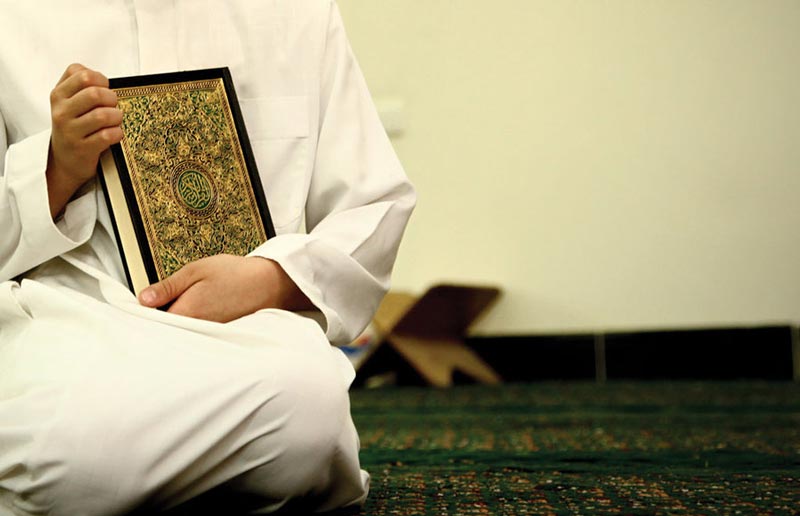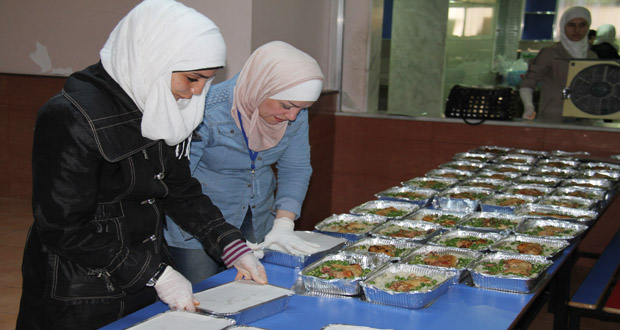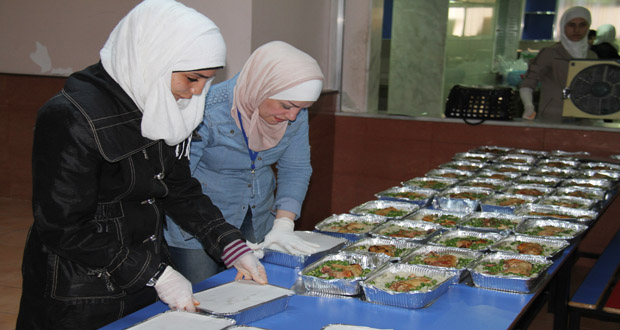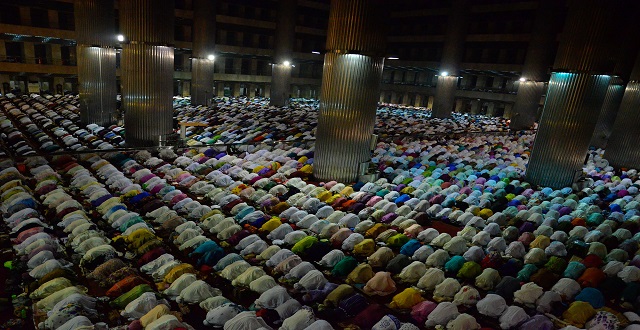What is the philosophy behind the importance of Reciting the holy Quran?
 Reciting the holy Quran is so much recommended in Islam.
Reciting the holy Quran is so much recommended in Islam.
As we mentioned before there is a very important Narration which is narrated by both Shia and Sunni from the holy Prophet of Islam that he said:
“I leave among you two precious things, one is the book of Allah and the other is my household, until you hold strongly to both of them, you will never go astray.”
It is mentioned in a Narration that the numbers of the levels of Paradise is the same as the verses of the holy Quran.
About the holy Quran some different acts are considered as Ibadah and worship of Allah, like reciting it, listening to its recitation, pondering upon its verses, writing its chapters and verses, obeying its obligations and prohibitions, taking lessons and examples from its stories, etc.
Imam Sadiq peace be upon him said:
“The Quran is the treaty of Allah on the creatures and it is appropriate for every Muslim to look at his/her treaty and read it (at least) fifty verses every day.”
The holy Prophet of Islam said:
“The Quran is the table and feast of Allah, so learn from His feast and table as much as you can.”
And also he said:
“Enlighten your houses with the recitation of the Quran, if in a house the Quran is recited so much, the blessing gets so much in it and the inhabitants of that house will be in the vastness (of livelihood) and they shine for the inhabitants of the heavens, just like the stars shine for the inhabitants of the earth.”
It is very interesting sentence that says: if you want Allah to talk to you, so recite the Quran, and if you want to talk to Allah, so perform prayer.
We all know that Allah has sent the holy Quran to the holy Prophet of Islam, the Prophet that bore so many hardships and made a lot of attempts for our guidance, if we refer to the books of history of Islam, we will get aware of some of the hardships that the holy Prophet and his companions tolerated.
We know that the holy Quran has two kinds of revelation, one is the revelation that took place in the night of Qadr( in the month of Ramadan) all in once, and the second revelation was through 23 years little by little and in different situations and because of various events and happenings, a lot of those situations happen to us, so we can take lessons from them and apply and implement them in our today’s life.
Another benefit of the recitation of the holy Quran is that it is one of the most obvious ways for removing the veils of negligence from our hearts, for example if we recite it every day and really ponder upon its verses or at least do pondering on some of its verses, it will remind us of our real position before Allah as His vicegerents on the earth.
The holy Quran is one of the most important gifts of Allah, there is a Narration which says: the one who is given the Quran by Allah, if he/she thinks that Allah has given anything better than the Quran to others, he/she has belittled a great thing (the holy Quran) and has counted something little as a great thing.
There are some ritual acts for reciting the holy Quran that if we observe them, we will take more benefits from it, like;
-Reciting with pondering on its verses.
-Reciting while having Wudu.
-Reciting the chapters of the holy Quran in our prayers.
-Reciting it in the state of humility and humbleness.
-Being joyful at the time of reaching to the verses which are related to the bounties of Allah in this world and in Paradise.
-Being sad at the time of reaching to the verses which are related to the punishments of Allah in this word and in the Hell.
-Giving the rewards of recitation of the holy Quran as the gift to the infallibles.
And at the end let me mention very briefly some of the other benefits of reciting the holy Quran according to the Narrations:
-Achieving to the welfare.
-The growth of “Iman” and faith in Allah.
-Being as a cause for fulfilling our wishes.
-Being as a cause for the sins of its reciters and the sins of their parents to be forgiven.
-Enhancing the time of using the power of sight.
-The purity of the heart.
————————————
Sources:
Maarefquran.com
Hawzah.net










